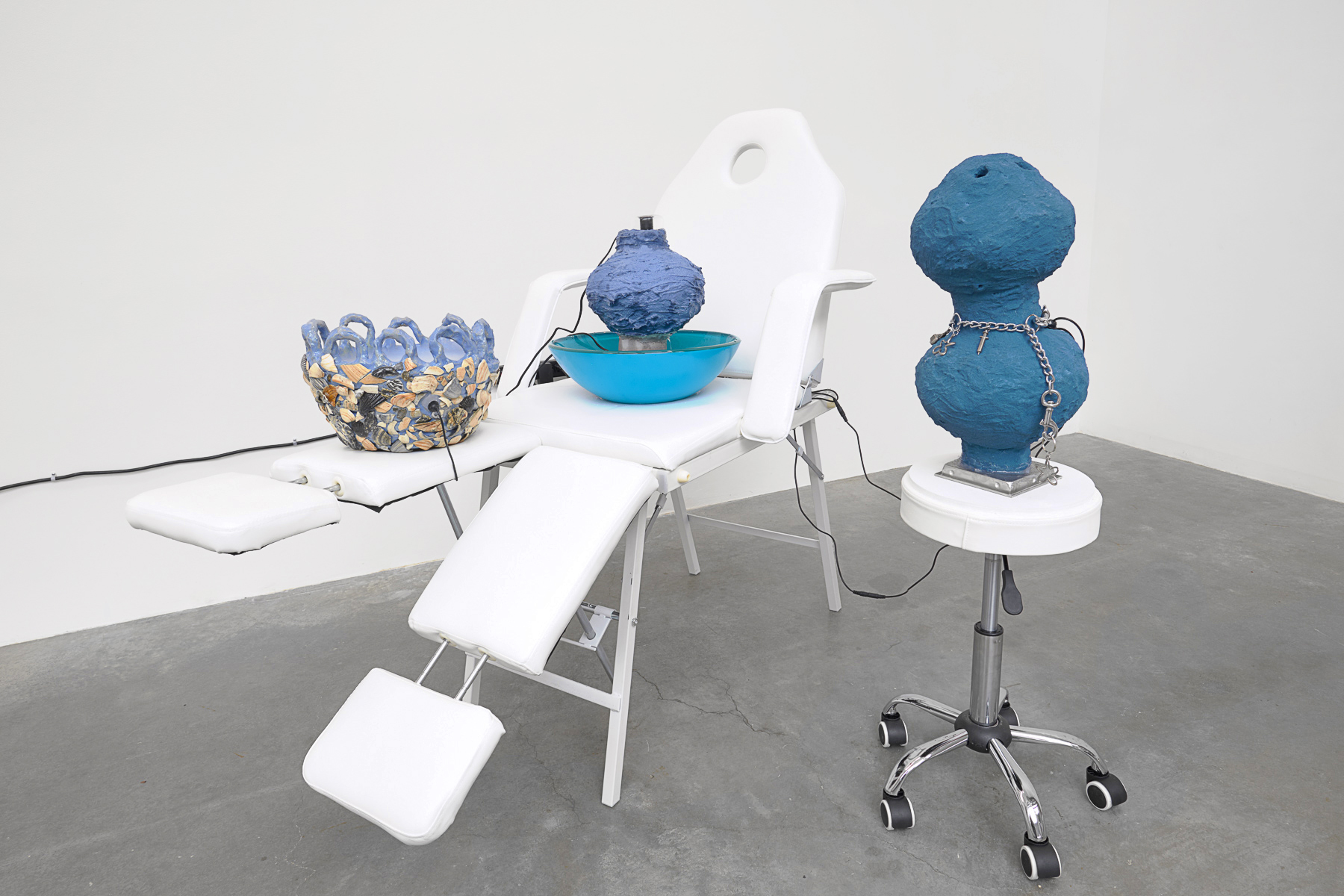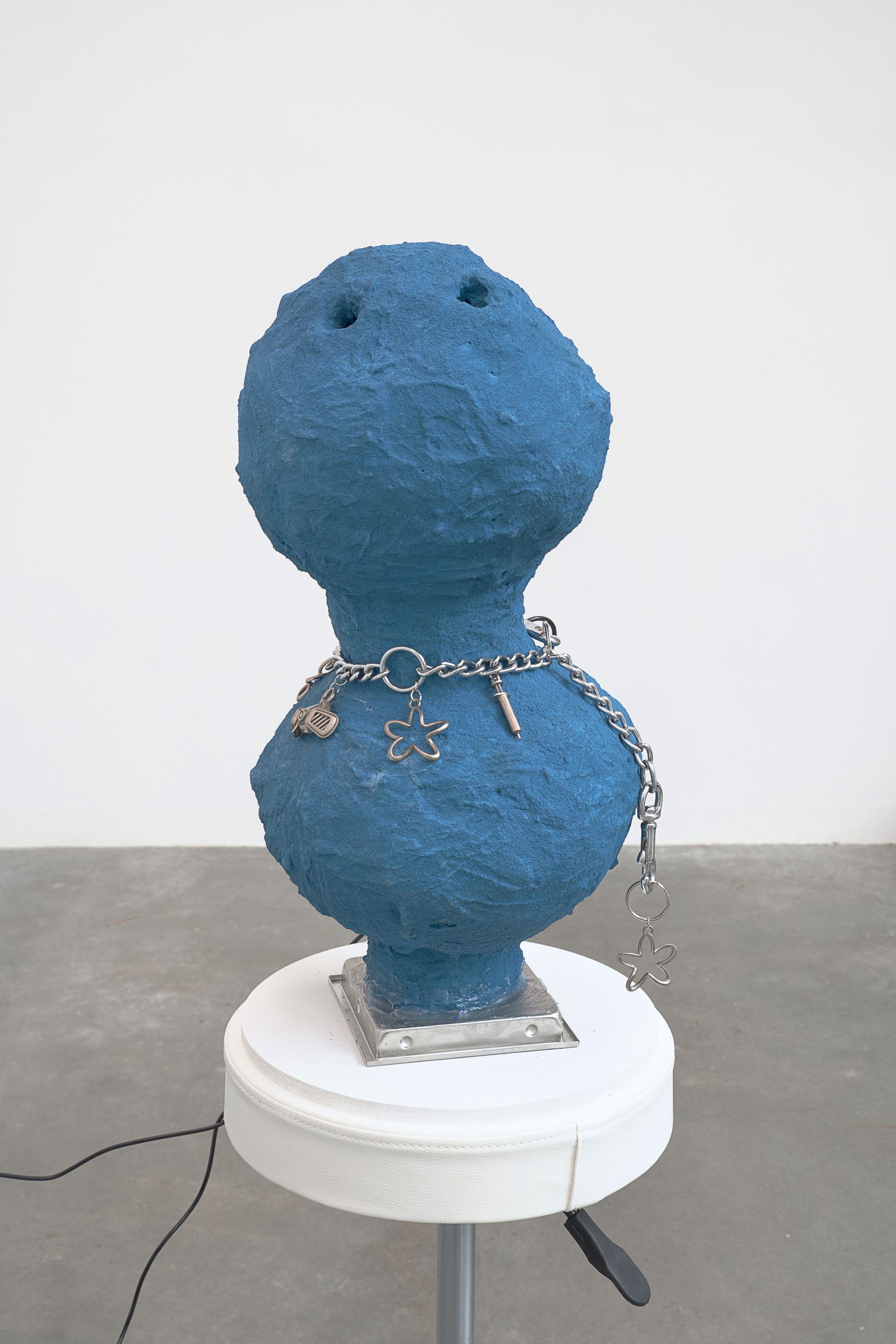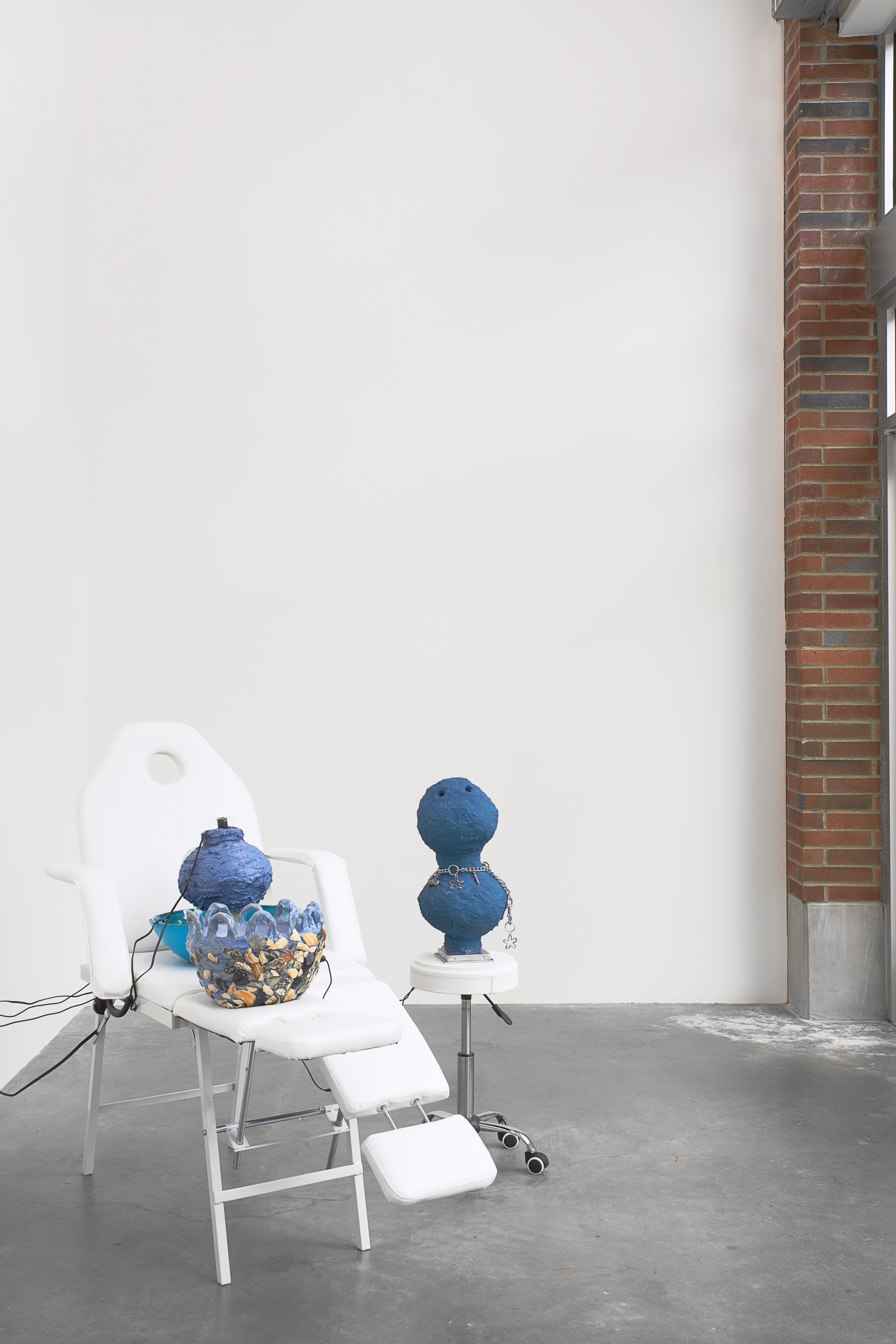Carly Mandel
Cornflower Blood Drive
November 17 - December 29, 2018
The Limulus amebocyte lysate (LAL), test (after the species name of the horseshoe crab, Limulus polyphemus) is the industry standard worldwide for pharmacopoeias for detecting bacterial toxins in the raw materials used for the production process utilized by pharmaceuticals and biotech companies for the raw and finalized medicine that lands in the market. Each and every medical drug, as well as surgical implants such as pacemakers and prosthetic devices, must be certified by the FDA using the LAL test.
Horseshoe crab blood has not only become a key weapon in our medical arsenal, it has also become big business. On the world market, a quart of horseshoe crab blood has a price tag of an estimated $60,000, leading to overall revenues from the LAL industry estimated in the U.S. at $50 million per year. That pales in comparison to its value to the pharmaceutical industry in total.
According to the Atlantic States Marine Fisheries Commission, that $50 million dollar industry requires the blood of approximately 250,000 horseshoe crabs. Every person who has ever had an injection is dependent on the harvesting, and use, of the baby blue blood of the horseshoe crab.
For more information about the harvesting of the horseshoe crab’s blood and biomedical technology, please read “The Blood Harvest” by Alexis C. Madrigal for The Atlantic.
– Carly Mandel
Carly Mandel’s work explores wellness in the supposed apocalypse. Her sculptures focus on capital representations of survival; commodities illustrating the inability to thrive independently, and the subversion of existence. As our society advances, our bodies weaken, and we see more of us failing to succeed without intervention. Thinking about disability and access, Mandel asserts a social model of disability where ability is formed by barriers in society, not medical diagnosis. She highlights the associations of disability becoming less specific to a niche population as joblessness, healthcare costs, and the toxicity of our environments increases. An inability to function in society isn’t an isolated experience for the disabled. Her work highlights the experience of the deviant sub-human surviving with medical intervention – the unable in a world of increasing physical degeneration.
Mandel is an artist working in Brooklyn, NY. Mandel grew up in St Louis, MO, and received her degree from Pacific Northwest College of Art in Portland, OR in 2015. Mandel has shown sculptures and videos nationally and internationally, from the U.S. to Brazil, Germany, Mexico, and Canada. Mandel was the recipient of the emerging artist grant from the Kennedy Center in Washington, D.C. in 2017. She has been featured in an interview in BOMB Magazine written by director of Postmasters Gallery, Kerry Doran. Mandel will be presenting at Sick Theories, a symposium with Toronto University in 2018. Further information can be found about Mandel on her website.
Corn Flower Blood Drive is supported by a 4Culture Tech-Specific grant.
Fountain Prototype 3
Ceramic, glaze, resin, seashells, pond mister, and water
Fountain Prototype 2
Ceramic, concrete, glass, acrylic paint, aquarium pump, plastic tubing, and water
Fountain Prototype 1
Ceramic, concrete, acrylic paint, led light, and water














